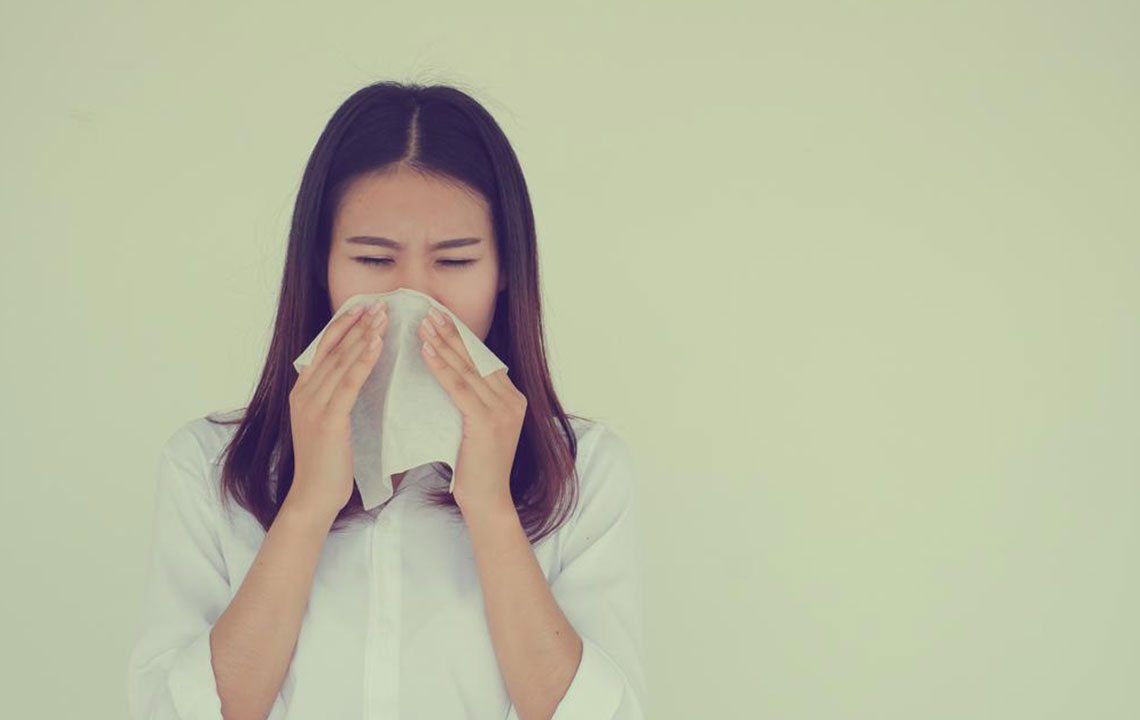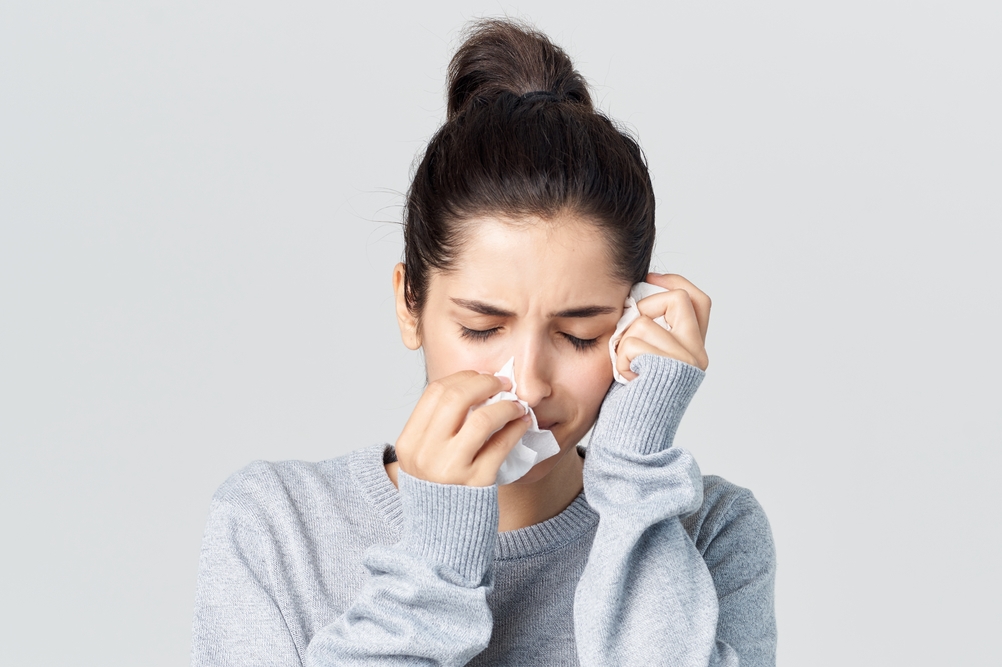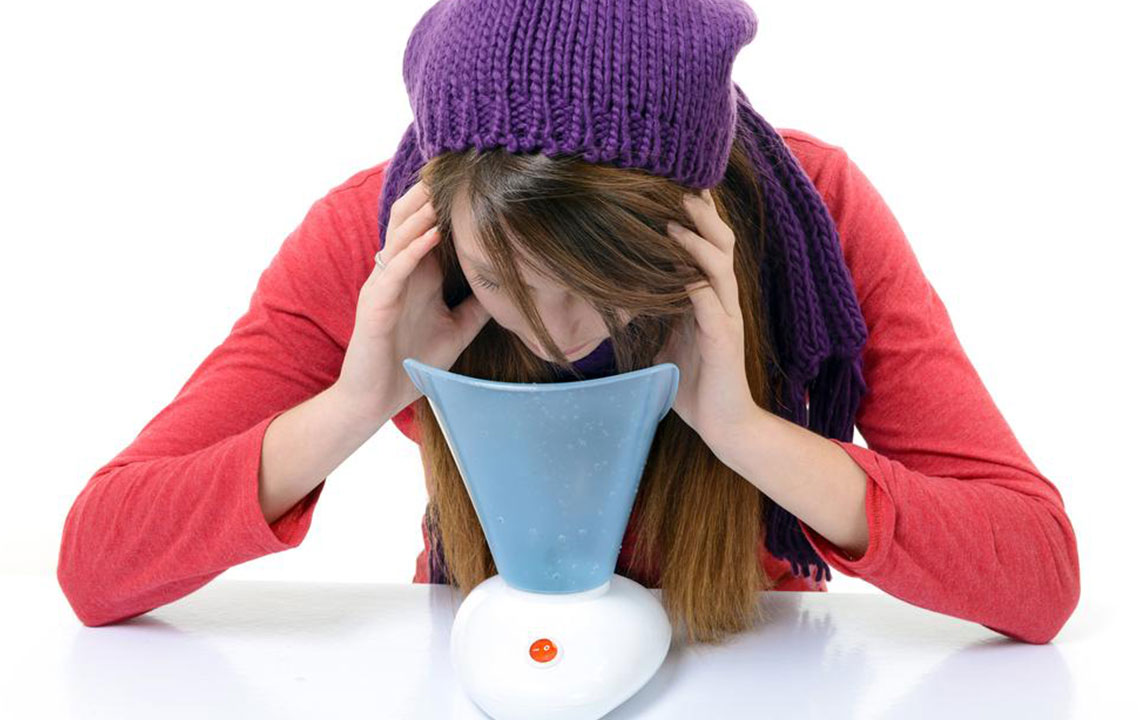Understanding the Causes of Sinus Issues and Triggers to Avoid
This article explains the main causes and triggers of sinus problems, including viral infections, allergies, polyps, and environmental factors. It provides insights into preventing sinus issues through avoidance and timely medical care. Understanding these causes helps individuals manage symptoms effectively and reduces the risk of developing chronic sinusitis.
Sponsored

Understanding Sinus Issues: Causes and Common Triggers
Sinuses are hollow cavities located behind your forehead, between your eyes, and in your cheekbones. Their main role is to produce mucus that keeps the nasal passages moist, protecting against pollutants and allergens. Sinus problems arise when this process is disrupted, often due to swelling or blockage caused by infections or allergies. When the sinus passages are obstructed, symptoms such as congestion, difficulty breathing, and speech issues can occur. Recognizing the causes helps in effective management and prevention.
Let's explore frequent causes and triggers that can lead to sinus discomfort.
Viral Infections
Cold viruses often cause sinus inflammation initially, with swollen nasal tissues obstructing the sinuses. Antibiotics aren't effective against viruses; instead, maintaining hand hygiene and avoiding contact with infected individuals helps prevent infection. Usually, decongestants can relieve symptoms within a few days.
Allergic Reactions
Allergies are among the leading causes of sinus issues. Allergic responses can worsen existing sinusitis, especially in individuals prone to allergies. Avoidance of allergens like dust and pet dander, along with nasal sprays, can significantly reduce chronic inflammation.
Bacterial Infections
If sinus symptoms persist beyond ten days, a bacterial infection might be the cause. During a cold, bacteria can invade weakened immune defenses. In such cases, antibiotics prescribed by a healthcare professional are necessary. Proper medical advice is essential before medicating.
Nasal Polyps
Small, benign growths known as polyps can block nasal airflow and prevent mucus drainage, leading to sinus problems. Treatment options include nasal or oral steroids, or surgery if polyps do not respond to medication.
Environmental Irritants
Pollutants like dust, smoke, and strong odors can trigger sinus infections. For those with breathing conditions, minimizing exposure and using air purifiers at home can help reduce symptoms.
Swimming and Diving
Prolonged exposure to chlorinated pools or water entry during diving can irritate nasal tissues and result in sinus issues. Caution is advised for frequent swimmers or divers.
Air Travel
Changes in cabin pressure during flights can cause ear and sinus blockages, especially during takeoff and landing. Using nasal sprays or inhalers before flying can help keep sinuses clear.
Fungal Growth
Fungal sinus infections are rare but more common in individuals with suppressed immune systems. Fungal sinusitis may require antifungal treatments or surgical removal, especially if symptoms like persistent headaches or vision issues occur.
Prolonged Use of Nasal Sprays
Overusing nasal decongestants can lead to rebound congestion and dependency. Use these medications only as directed and avoid extended use beyond five days.
Chronic Medical Conditions
Disorders like cystic fibrosis can weaken immune defenses, leading to thick mucus and sinus inflammation. Managing the underlying condition is key to reducing sinus problems.
These factors are common contributors to sinus ailments, which, if unmanaged, can escalate into sinusitis. Preventive measures include avoiding triggers and seeking prompt medical attention for persistent symptoms to ensure proper treatment and relief.





